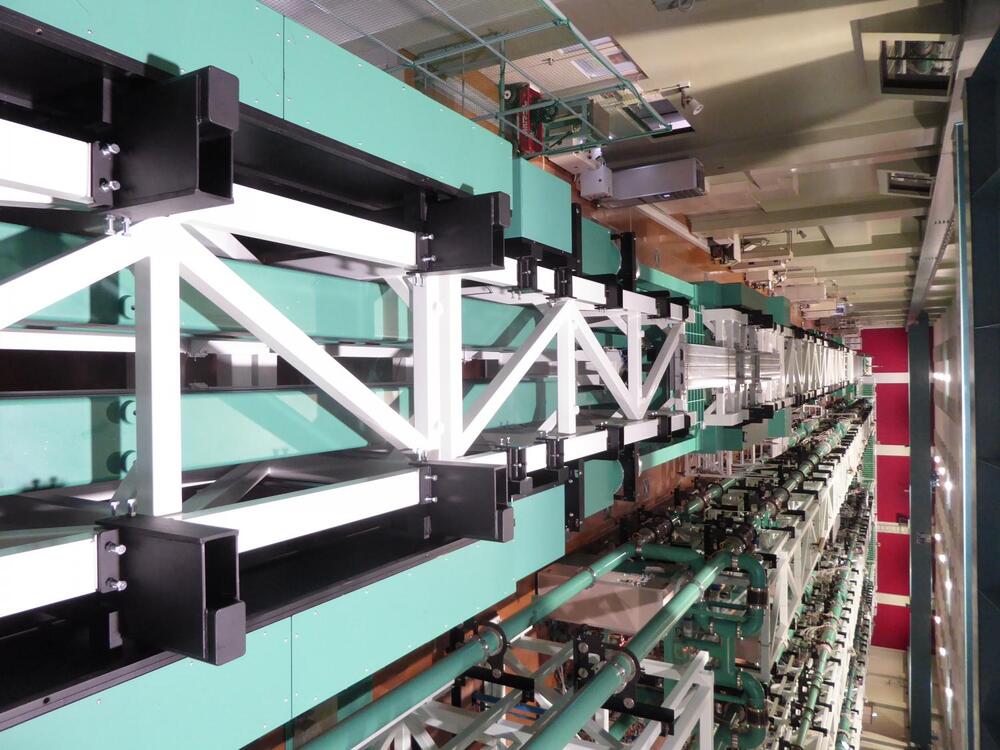Circa 2015 In theory this big bang laser could eventually create complex matter but would need to be pocket-size as I want it on a smartphone to make a replicator so I can make fruit or food in space 😀
The Institute of Laser Engineering (ILE), Osaka University, has succeeded to reinforce the Petawatt laser “LFEX” to deliver up to 2000 trillion watts in the duration of one trillionth of one second (this corresponds to 1000 times the integrated electric power consumed in the world). By using this high-power laser, it is now possible to generate all of the high-energy quantum beams (electrons, ions, gamma ray, neutron, positron). Owing to such quantum beams with large current, we can make a big step forward not only for creating new fundamental technologies such as medical applications and non-destructive inspection of social infrastructures to contribute to our future life of longevity, safety, and security, but also for realization of laser fusion energy triggered by fast ignition.
Background and output of research
Petawatt lasers are used for study of basic science, generating such high-energy quantum beams as neutrons and ions, but only a few facilities in the world have Petawatt laser. So far, Petawatt lasers in the world have had relatively a small output (to a few tens of joules). ILE has achieved the world’s largest laser output of dozens of times those at other world-class lasers facilities (1000 joules or more).
